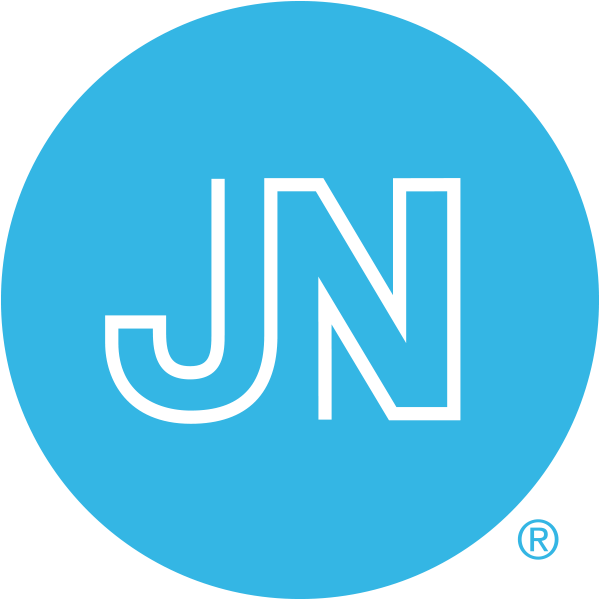
The role of close follow-up of patients with head and neck cancer after completion of therapy is unquestionably important, but questionably vague. While National Comprehensive Cancer Network guidelines on the timing of surveillance are published, the lack of high-level evidence on the effectiveness of these protocols and the changing landscape of HPV-associated cancers on survivorship have expectedly raised the collective eyebrow on their suitability in the current era. As more patients with head and neck cancer benefit from a quantity-of-li fe perspective from more advanced radiation delivery systems, chemoimmunotherapy breakthroughs, and improved surgical techniques, the impending impact this has on resources needed in surveillance, such as costs associated with specialty examinations and anatomic imaging studies, as well as the psychosocial and financial impact on the patients themselves, is becoming more prevalent. In the Original Investigation by Chen et al, the authors seek to identify physician and patient-related barriers to deintensifying surveillance practices and provide suggestions on facilitating change.



Δεν υπάρχουν σχόλια:
Δημοσίευση σχολίου
Σημείωση: Μόνο ένα μέλος αυτού του ιστολογίου μπορεί να αναρτήσει σχόλιο.